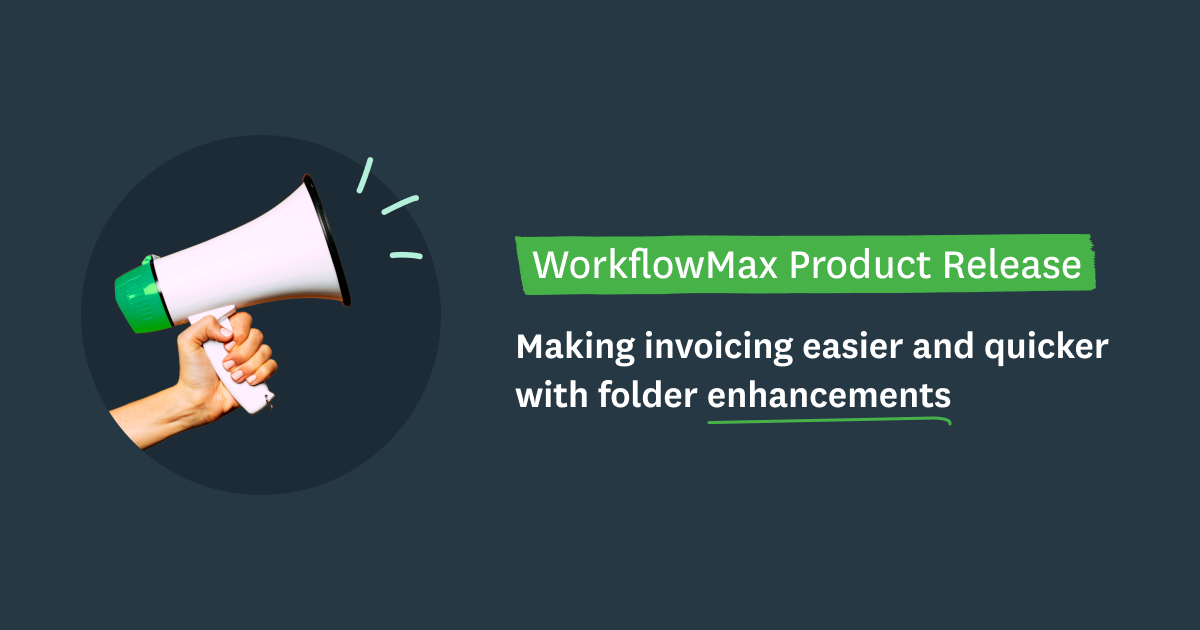We recently caught up with a panel of experts to talk about wellbeing and how important it is when you want to effectively manage a remote team.
Gerard Hoffman of Benestar, who has over 35 years of experience as a counsellor and wellbeing consultant, chatted with us about the role of empathetic leaders in supporting their team’s wellbeing.
Here’s what Gerard had to say:
I work as part of the Benestar team in individual counseling, and I also do a lot of training for them with organisations. One of the most common things I see these days is that many of us are doing okay, but it's a bit of a roller coaster.
Languishing is putting us at risk
As COVID keeps on impacting us, we bounce back, but we bounce back a little less each time. Adam Grant, an American organisational psychologist, has spoken a lot about the impact of the pandemic on organisations and individuals. He believes that languishing, which is a sense of stagnation and emptiness, might be the dominant emotion of 2021.
We started COVID 20 months ago feeling anxious and a bit worried, but as time has gone by, our hope has been repeatedly dashed. Many of us have gotten on with that okay, but a lot of people are feeling a bit on edge and waiting for what's going to come next.
Languishing is where you're not functioning at full capacity – your motivation, focus, and sense of control is not there. Every day feels the same, and the distinction between work and non-work isn’t as pronounced as we're working increasingly in lockdown or in flexible ways.
The real trouble with languishing is that not only does it have a big impact on your ability to work well, but it also predicts much more serious mental health concerns unless we do something about it. Languishing is a very big predictor of burnout or depression.
Risk factors for burnout
You can look at the following burnout risk factors as a guideline to trigger and prioritise self-care practices:
- There’s a lot of people contact and emotional labour in your organisation which can put people under pressure
- Not having enough resources to do the job
- Not feeling rewarded adequately – it's not necessarily about money, it’s about being reminded that you're doing a good job, or that what you're doing is making a difference
- Poor performance or behaviour – there's a big link with work performance and stress and burnout, so you need to call out poor behavior compassionately
- Isolation – it's way more challenging to keep people feeling connected and engaged when they're working from home
Avoiding burnout
Burnout generally has three dimensions to it: feelings of exhaustion, disengagement, and a drop in confidence.
When we start to experience exhaustion, maybe we think about work and have a feeling of dread. That's a real warning sign for me. We also lose confidence and we get isolated and lonely in the workplace. The trouble is that when you're heading towards burnout, you might feel that you’re not a lot of fun to be with, which is a really hard place to come from, especially when you’re a leader and you're needing to be the role model to everyone else.
The antidote to burnout, by the way, is really simple. It’s building good self-care into every day so you can recover from this ongoing, stressful, challenging time – and you need to prioritise it. And if you're a leader, there’s a good chance you see self-care as something that comes last, or something that you should be doing – if you have time. We've got to change that.
The role of empathetic leaders in reducing the chance of burnout
Regular check-ins
The first thing is to take the time to check in with your people. Asking your staff how they're doing, once a year at performance review time, or when they're really under threat is not enough.
Personalise people's work experience
Find out what's going on for them, and how you can get the best out of them. And if they're doing it tough, acknowledge that. One of the things I think people like to hear from team leaders is something like: ‘We don't expect you to be working the way you worked two years ago, but actually, we'd much rather you were honest with us about the pressures you're facing in this current climate’.
Encourage flexibility
Actively encourage people to achieve work life balance, which means actually giving people permission to look after themselves during the work day by taking a break, or just getting some fresh air and getting away from their screens – the same way as they would if you're all working in a face-to-face environment.
Talk about stress and burnout
Sometimes it can be uncomfortable hearing about this stuff, but we know that regularly checking in is the key to changing things.
Be a role model
As leaders, we have to be role models. This means we have to be empathic listeners, we have to be genuine, we have to look in behind people's behaviour and not make assumptions about what their behaviour or their performance means. We need to encourage realistic expectations right now, and we also need to role model vulnerability. So if we're not doing so well, say it. It’s okay to acknowledge those feelings.
Final Thoughts
Finally, it's about being able to reach out to others in your moment of struggle. If it's your colleague who looks like they're not doing so well, or your team member, or even your boss, don't be afraid to reach out to them, because you may be the one that gives them some perspective.




.png)

.png)
.png)







.png)
